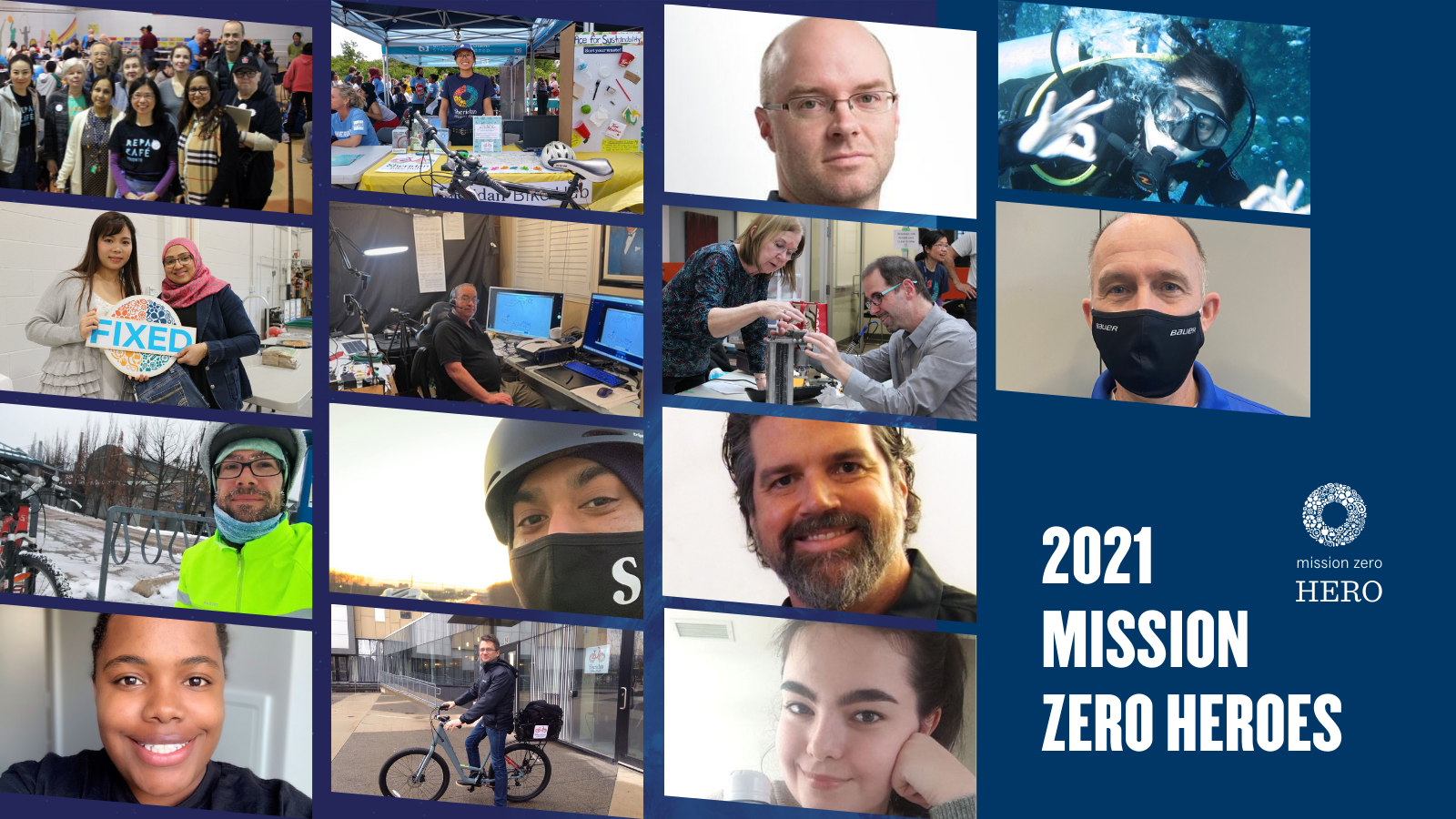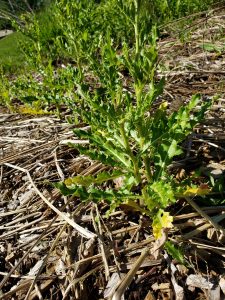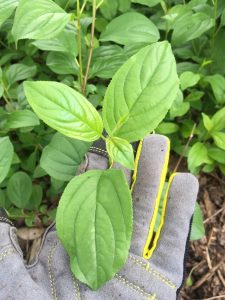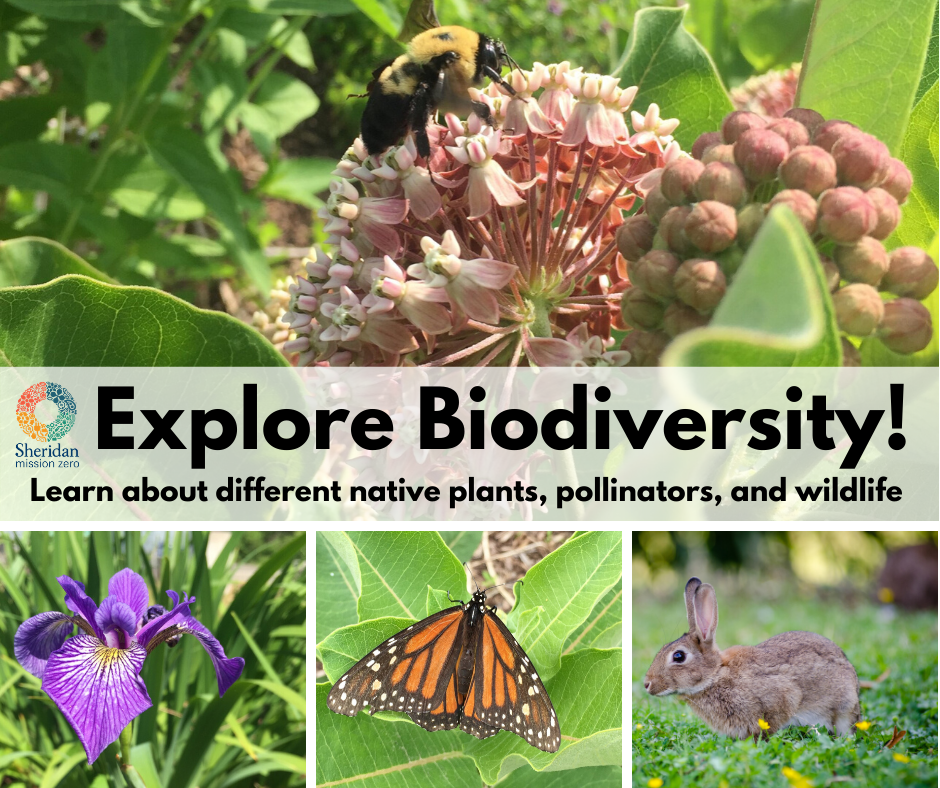Sheridan is getting Friendlier!

Starting October 7, Sheridan’s Office for Sustainability and Campus Services is excited to announce a new partnership with Friendlier, a reusable food container program aimed at reducing waste from single-use containers on campus.The pilot launch will start at the Trafalgar Campus, meals from the Chef’s Corner and Grab ‘n Go station will be served in Friendlier containers.
The process is simple:
- Receive your meal in a Friendlier container and pay a $0.50 refundable deposit
- Download the Friendlier app (or create an account on the Friendlier website)
- After enjoying your meal, scan the container using the Friendlier app (or enter the container code on the Friendlier website)
- Return your container to one of the designated Friendlier collection bins on campus
- Receive your deposit back within one to two weeks on the Friendlier app (or web account). Users can then redeem their deposit for a refund via e-Transfer or choose to donate the value to charity.
Friendlier supports Sheridan’s commitment to sustainability by diverting single-use containers from the landfill and promoting a culture of reuse on campus. Friendlier collects, sanitizes and reuses each container up to 100 times!
Learn more about Sheridan’s Friendlier container program.
Get ready for Friendlier and download the app today: Apple download | Android Download
Recognize your Mission Zero Hero

Who has inspired you with their sustainability efforts?
Do you know someone who actively participates in Meatless Mondays? Who goes out of their way to pack a reusable water bottle or coffee mug wherever they go? Who composts or fights food waste?
If a classmate, colleague, professor or student comes to mind, we encourage you to put their name forward for “My Mission Zero Hero” – a Sheridan Green Team-organized campaign open to anyone who studies or works at Sheridan.
Now in its fourth year, My Mission Zero Hero aims to recognize all Sheridan community members whose actions, big or small, show they are passionate about making a positive change for their environment and community.
Sustainability is top of mind for many right now. And while tackling global issues like climate change, biodiversity loss and pollution can seem daunting, small actions in our daily life can make a big difference. We want to recognize and appreciate those heroes within the Sheridan community who are taking planet-friendly action and inspiring others along the way.
Submissions, which include a short written and photo component, will be curated and shared on Sheridan’s social media channels and other digital platforms in April and will wrap up with a final recognition of all heroes on Earth Day — April 22.
Who is your Mission Zero Hero?
Click here to recognize your Mission Zero Hero. Please submit the form by March 24.
Looking for inspiration?
Meet Sheridan’s 2021, 2022, and 2023 Mission Zero Heroes!

Contact us
If you have a question about this campaign, please email missionzero@sheridancollege.ca.
Thank you in advance for your participation in this campaign!
Office Cleanup Resources
The Office for Sustainability encourages each of us to remain mindful of Sheridan’s aim to eliminate all waste going to landfill as we declutter and refresh our workspaces. They have outlined easy-to-follow guidance, using the “Reduce, Reuse, Recycle” framework, to help you redirect unwanted items and tangibly demonstrate Sheridan’s culture of waste reduction and reuse to others in our community. Check out our Office Clean Up Resources page for more.
REUSE at Sheridan
Let’s start a REUSE Revolution! Before you toss an item in the bin, stop and think if it can be used for another purpose or by someone else. The attitude of REUSE begins with a mindset that materials and products have usefulness beyond the owner’s original intention.
Sheridan students, faculty, and staff are welcome to donate items that are in good/working condition from the list of acceptable items below, which will be collected, sorted, and offered back to the Sheridan community for reuse (free of charge!) during periodic Mission Zero Freeuse Pop Up Shop events. Check out our REUSE at Sheridan page for more.

Learn to identify invasive plants!
Invasive plants are undesirable because they put local biodiversity at risk, negatively affecting native plants, wildlife, and their habitats. They do so by out competing native plants and altering natural areas because:
- They are usually the first plants growing leaves after the winter and the last plants with green leaves in the fall.
- They can thrive in poor or dry soil.
- They can grow faster than other plants, which means they can get more sunlight and nutrients.
- They spread very quickly and easily.
As a result, it is important to control their spread as much as possible. They also interfere with agriculture and forest regeneration, and often force costly restoration efforts due to their rapid spread (for more information, check out Ontario Invasive Plant Council).
Follow us to learn more!
Did you know that despite its name, Canada Thistle is actually from Europe? Or that Garlic Mustard is considered one of Ontario’s most aggressive forest invaders, displacing native wildflowers like trilliums? This month, follow along on Twitter and Facebook to learn about invasive plants that can be found in gardens, neighbourhoods, and natural areas. We’ll share some facts and photos of common ones like Canada Thistle, Garlic Mustard, and Common Buckthorn (see photos below), which we have come across in our Wildflower and Medicine Wheel gardens at the Trafalgar campus.



Photos from left to right: Canada Thistle, Garlic Mustard, Common Buckthorn (photos by: Alison Feist; Credit Valley Conservation; and Andreea Bosorogan).
You can also help track these species so that the province can control their spread and be aware of where they have been spotted at EDDMapS Ontario– Early Detection and Distribution Mapping System.
It is important that we maintain biodiversity so that local ecosystems can continue to thrive and contribute to the wellbeing of humans and the planet. Ensuring we remove invasive plants can help native plants thrive and support important processes, like attracting pollinators (who work hard to fertilize our food), which contributes to earth’s natural processes!
Connect with us on social media or missionzero@sheridancollege.ca to share what you’ve been able to identify this summer!
Explore Biodiversity with us!
As the weather gets warmer, many are getting outside more and are reconnecting with nature while enjoying its health and wellness benefits.
While outside, a great way to connect with nature is to learn more about its biodiversity in local neighbourhoods and nearby natural areas. Biodiversity is the variety of life on earth, as all species are interconnected and help contribute to the stability and health of ecosystems. For example, bees are important to biodiversity because they pollinate (or fertilize) flowers and fruits. So, they are essential to the food we eat as well as the plant life found in ecosystems (See Canadian Wildlife Federation for more facts). It is valuable to become more familiar with pollinators (such as bees), native plants, and wildlife, as they are all important to sustaining the health of the planet.
 Do you know why native wildflowers are attractive to Monarch Butterfly and Bumble Bees? Which grass can store carbon dioxide and thus help fight climate change? For the month of June, we’ll be helping everyone explore biodiversity by sharing some interesting facts (on Facebook and Twitter) about native wildflowers, grasses, and wildlife in Canada.
Do you know why native wildflowers are attractive to Monarch Butterfly and Bumble Bees? Which grass can store carbon dioxide and thus help fight climate change? For the month of June, we’ll be helping everyone explore biodiversity by sharing some interesting facts (on Facebook and Twitter) about native wildflowers, grasses, and wildlife in Canada.
There are also many ways to help protect and support biodiversity locally:
1. Try planting native wildflowers at home: This will support pollinators, provide habitat to animals, and create a beautiful view. Wildflowers and grasses attract pollinators like bees, birds, butterflies, and insects, and there are many native plant species to choose from (check out Sheridan’s Wildflower Garden and Medicine Wheel Garden) that will thrive in conditions suited to different spaces.
2. Celebrate biodiversity through joining the conversation around themed days, for example:
- June 8 is World Oceans Day: Share with others the importance of biodiversity in oceans and water bodies, and how waste negatively affects marine and plant life. Do your part by reducing single use plastics, and consider participating in future shoreline cleanups once they resume.
- June 19-25 is National Pollinator Week: Help support pollinators by planting native wildflowers, or observe pollinators in greenspaces during a walk. Join the conversation using #pollinatorweek and learn from others about pollinators.
Connect with us through social media or missionzero@sheridancollege.ca to let us know how you’re exploring biodiversity this month, and what you’ve been able to identify!
Our Dumpster Diver’s Tips- Part 2
 Last week, our Robbie shows why sorting waste is essential for everyone. This week, Robbie wants to talk about single-use plastics.
Last week, our Robbie shows why sorting waste is essential for everyone. This week, Robbie wants to talk about single-use plastics.
In this short video, Robbie provides tips on how to reduce waste from single use plastics. Hope you’ll enjoy it. Don’t forget to share it with your colleagues and students!
You can learn more about our waste bin program here.
Our Dumpster Diver’s Tips- Part 1
 Today we start our series showing how sorting waste at Sheridan is easy. Meet Robbie who knows waste better than anyone.
Today we start our series showing how sorting waste at Sheridan is easy. Meet Robbie who knows waste better than anyone.
In this short video, Robbie shows why sorting waste is essential for everyone. Hope you’ll enjoy it. Don’t forget to share it with your colleagues and students!
You can learn more about our waste bin program here.





Follow Us!